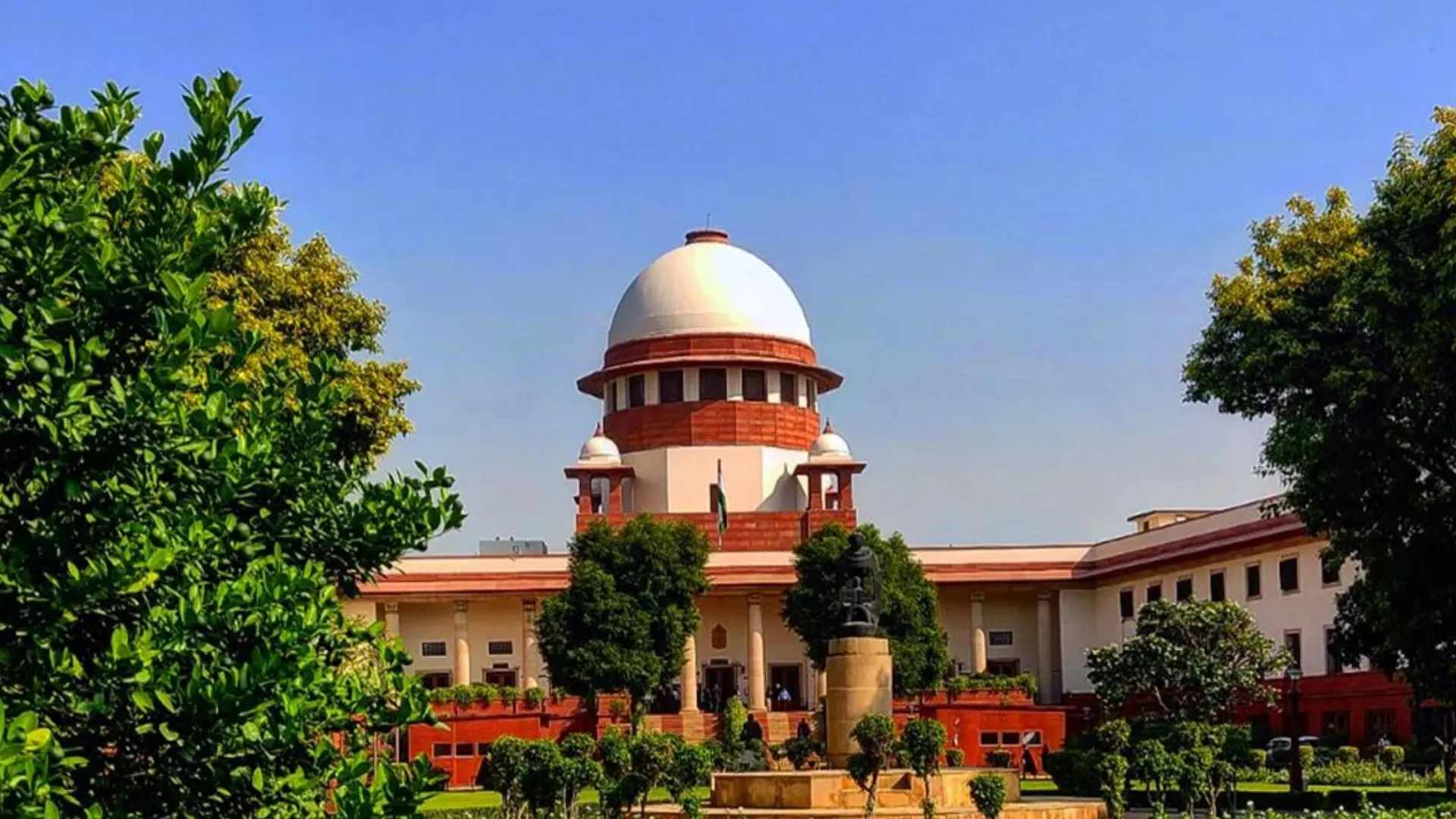On Wednesday, in a significant step towards digital inclusion, the Supreme Court of India declared digital access to be a fundamental right, particularly for persons with disadvantageous conditions like visual disabilities or facial disfigurement due to acid attacks. The court laid down a number of guidelines for making the KYC process simpler for such individuals.
The ruling came from a bench comprising Justices JB Pardiwala and R Mahadevan, who were hearing two public interest litigations (PILs) highlighting how the current KYC rules are difficult, if not impossible, to complete for people with low vision, blindness, or facial injuries.
Court Links Digital Access to Right to Life
In a historic observation, the Bench said that digital access is now a core part of life and therefore must be protected under Article 21 of the Constitution, which guarantees the right to life and liberty.
“Right to digital access is an intrinsic component of right to life under Article 21,” the Supreme Court stated in its judgment.
The Court also pointed out that these rights are reinforced by Article 14 (equality before law) and Article 15 (protection against discrimination). It made clear that the State must ensure that everyone, including those with disabilities or disfigurements, has equal access to digital services, including KYC.
20 Directions Issued to Make KYC Inclusive
The judges took serious note of how people with disabilities are being excluded from basic services like opening a bank account or verifying identity online. The Court confirmed it had issued 20 specific directions to improve the system.
“We have held there is need for change in KYC processes for the disabled. We have given 20 directions. The petitioners who suffer from acid attacks and blindness have been unable to complete KYC process … due to facial disfigurements. Constitutional provisions confer a statutory right on the petitioners to be accommodated in the KYC process. It is imperative that digital KYC guidelines are revised with the accessibility code. In the contemporary era, where economic opportunities etc. is through digital (access) Article 21 needs to be re-interpreted in light of such technology and the digital divide increases,” the Court said.
A full copy of the Court’s judgment is expected to be released soon.
First Petition Filed by Visually Impaired Lawyer Amar Jain
One of the two petitions that led to this ruling was filed by Amar Jain, a lawyer and accessibility rights expert who is 100% visually impaired. Jain told the Court that he regularly faces challenges completing KYC online, and these struggles are common among those who are blind or have low vision.
He explained that current KYC methods do not account for people with visual disabilities, often forcing them to rely on another person for help—something that goes against the very idea of digital independence.
His petition argued that none of the existing digital KYC systems are accessible, and urged the Court to push for changes that make such services usable by all.
Second Petition Filed by Acid Attack Survivor
The other PIL was filed on behalf of Pragya Prasun, an acid attack survivor who has severe eye and facial injuries. Her case focused on an incident in July 2023, when she went to ICICI Bank to open a new account.
Despite her valid documentation, she was told she could not complete the digital KYC process because she was unable to blink her eyes for the “live photo” feature, which is required to prove the person is present during the verification.
As per Reserve Bank of India (RBI) regulations, the ‘liveness’ check involves the user blinking to verify identity through a camera. In Pragya’s case, the system could not recognize her due to her eye injuries.
It was only after public outrage and social media pressure that the bank made an exception in her case.
PIL Demanded Alternative KYC Options for Survivors
The petition highlighted that many other acid attack survivors face similar problems and are often left out of the banking system altogether. The plea asked the Court to direct the Centre to issue fresh and inclusive guidelines for banks and other institutions that use digital or e-KYC systems.
It also sought binding orders for both public and private organizations to follow such guidelines once they are in place.
Pragya’s petition was prepared by advocates Nimisha Menon, Yamuna Rizvi, Ishita Soni, and Pranya Madan, and filed through advocate Nitin Saluja. The matter was settled by Senior Advocate Siddharth Luthra.
Legal Team Behind the Effort
Amar Jain’s petition was filed through advocate Ila Sheel, and focused specifically on the need for universal design in all digital identification processes.
Together, both petitions built a strong case for overhauling outdated systems that fail to consider the needs of disabled or disfigured individuals in a rapidly digitizing world.
Must Read: India Will Attack Pakistan In 24-36 Hours: Pakistan Minister Announces At 2 AM Press Conference






















